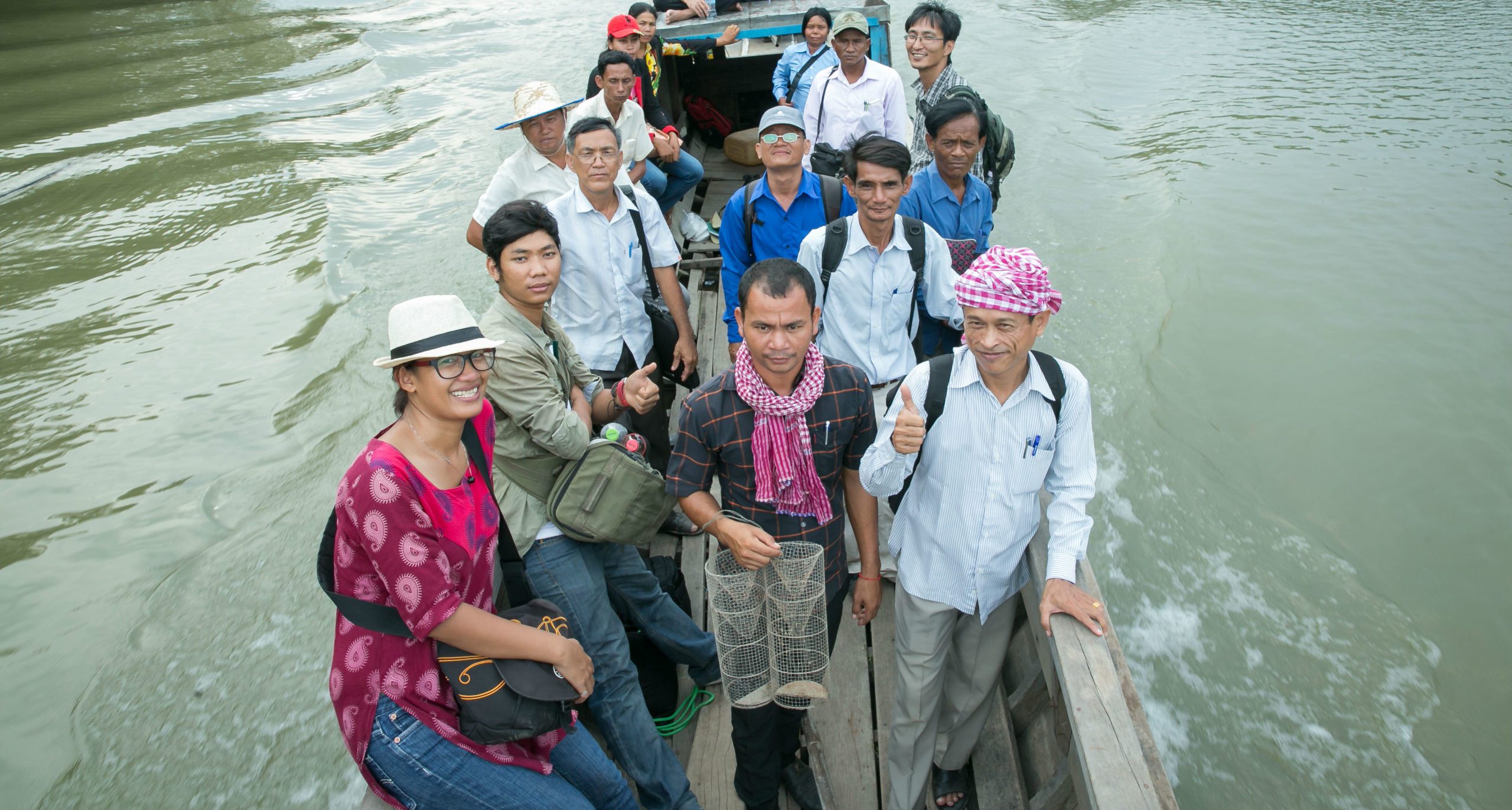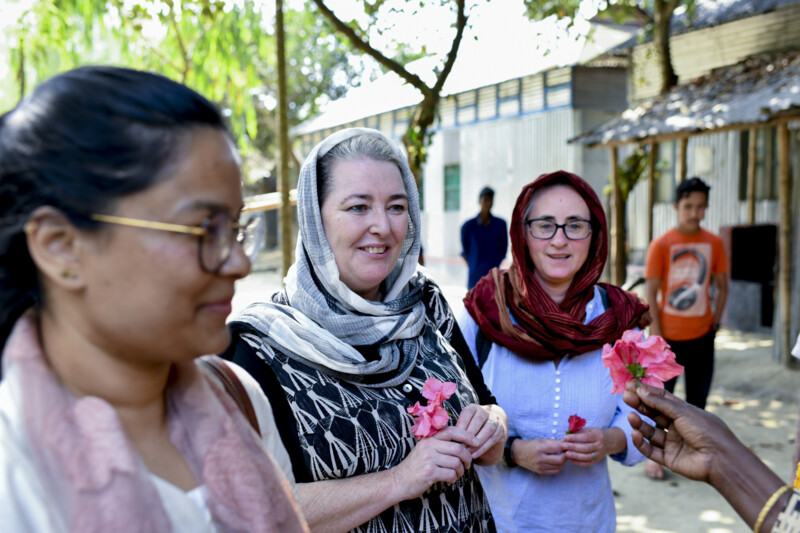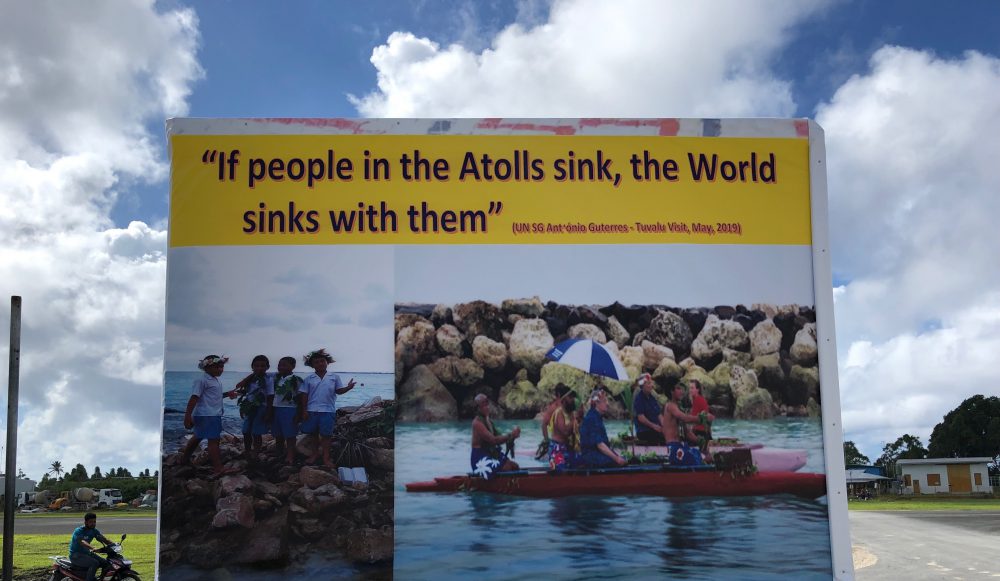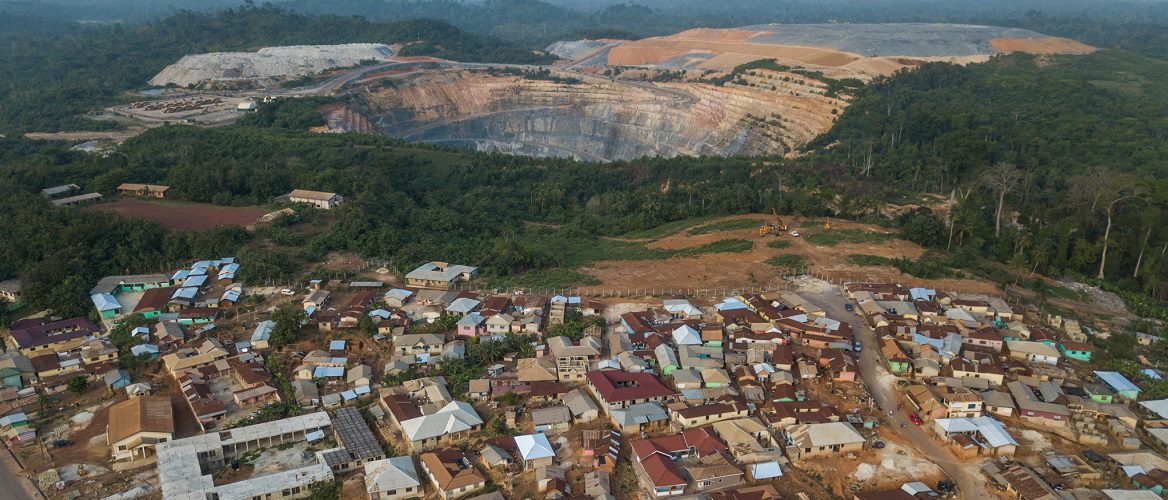By Monitoring, Evaluation & Learning Coordinator, Socheata Sim and Communications Coordinator, Robin Narciso in Phnom Penh.
Fish is a fundamental resource for poor Cambodian communities. Easily accessible by communities who live alongside the Mekong river, fish constitutes 75% of Cambodia’s animal protein intake. But this abundance of fish is threatened by illegal fishing activities and destructive infrastructure development.
As a response to this threat, Cambodian riparian communities have organised Community Fishery (CFi). CFi has a mandate to manage and protect fishery resources in the Mekong River and is now formally recognised by Cambodian law.
Oxfam’s Inclusion Project supports the creation of CFi as a way to strengthen Cambodian communities in their fight against poverty. Oxfam recently organised an exchange visit between Community Fishery sites for its partner organisations and community leaders.
Participants visited three of these sites located near the stretch of the Mekong River to establish the Cambodian-Vietnamese border of Prey Veng (Cambodia) and Dong Thap province (Vietnam). The purpose? To learn how different communities manage fish resources in different ways to share and increase one another’s knowledge.
For example, in one village the community extracts fishery resources for commercial purposes and redistributes the benefits of such activity to all its members.
Kham Kham Orn, head of a CFi from another Cambodian province, joined the visit and praised the collaboration within the community.
“CFi members seem to collaborate well with each other; solidarity, transparency seems to be key points in their committee. When issues emerge, they call for a meeting among members of the community to discuss how to solve the problem,” said Kham.
But Kham also noted a lack of women in the CFi she visited and stressed how essential it was to include women in the CFi structure. As president of the CFi committee in her own village, Kham Orn supports greater involvement of women at all levels – from household to the broader community. She highlighted how women play a key role in raising awareness in the community about the protection of water resources.
“We protect the conservation pools to prevent anyone from catching fishes from the protected areas … this is an effort to preserve more fish for our future generation,” said Kham.



